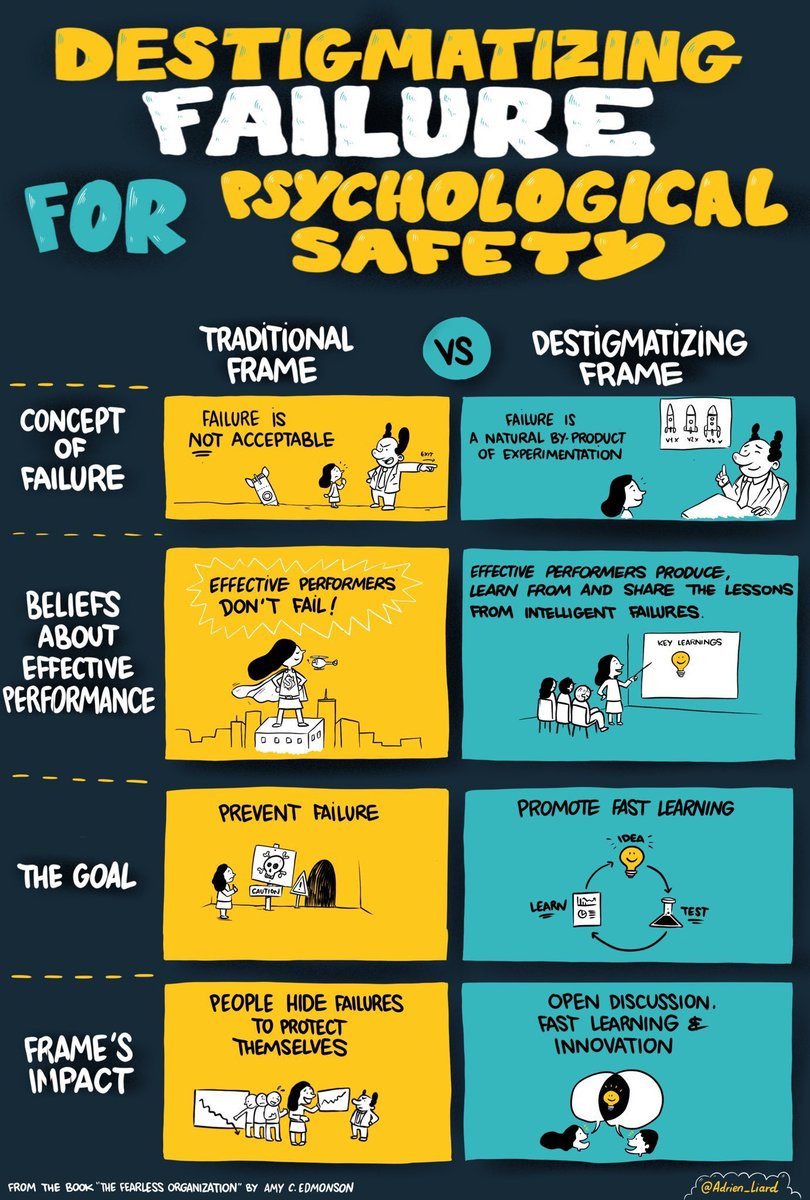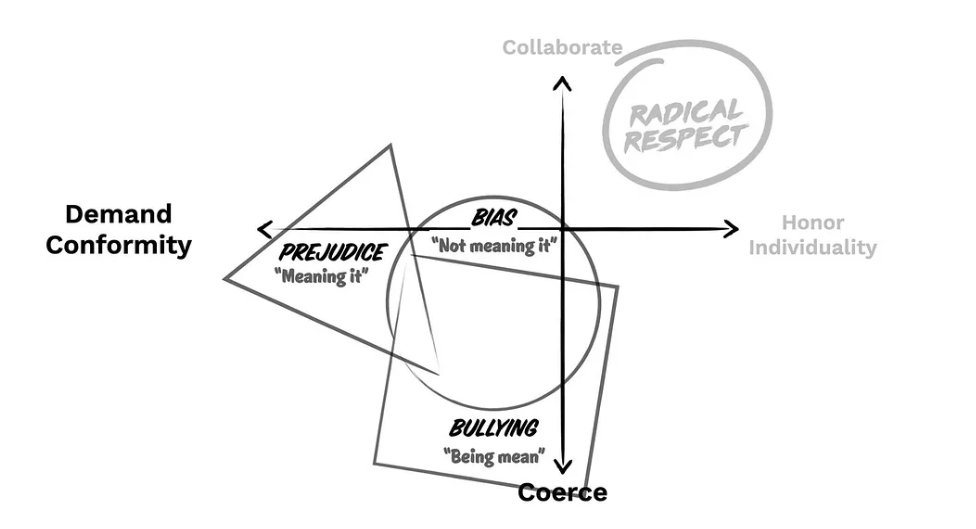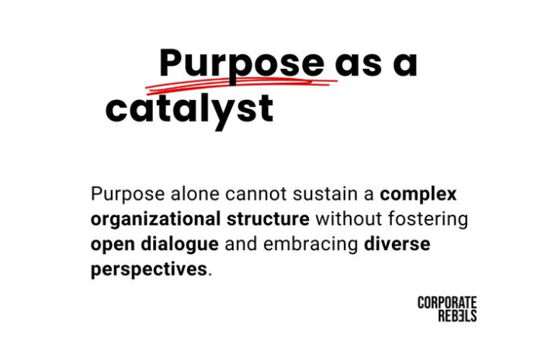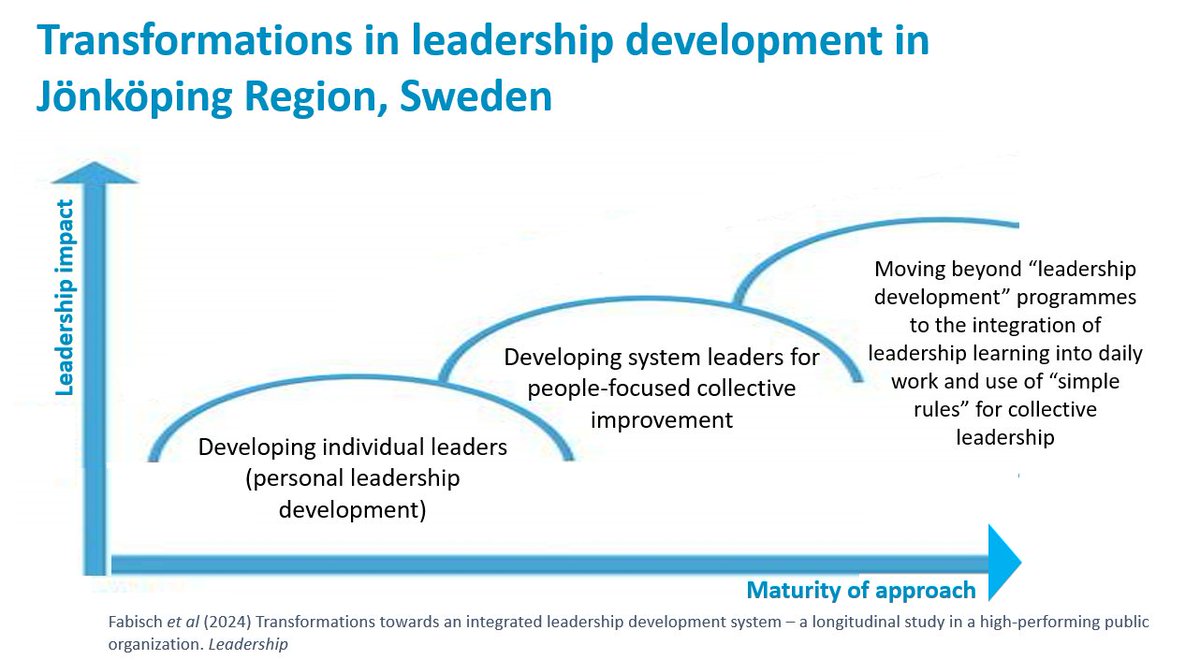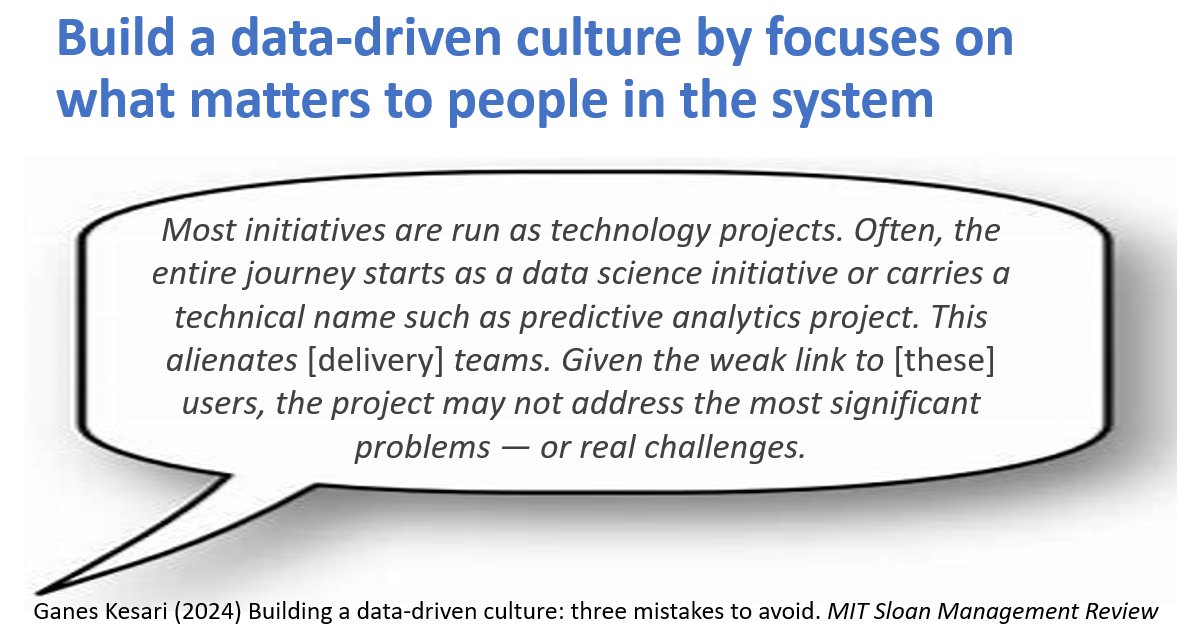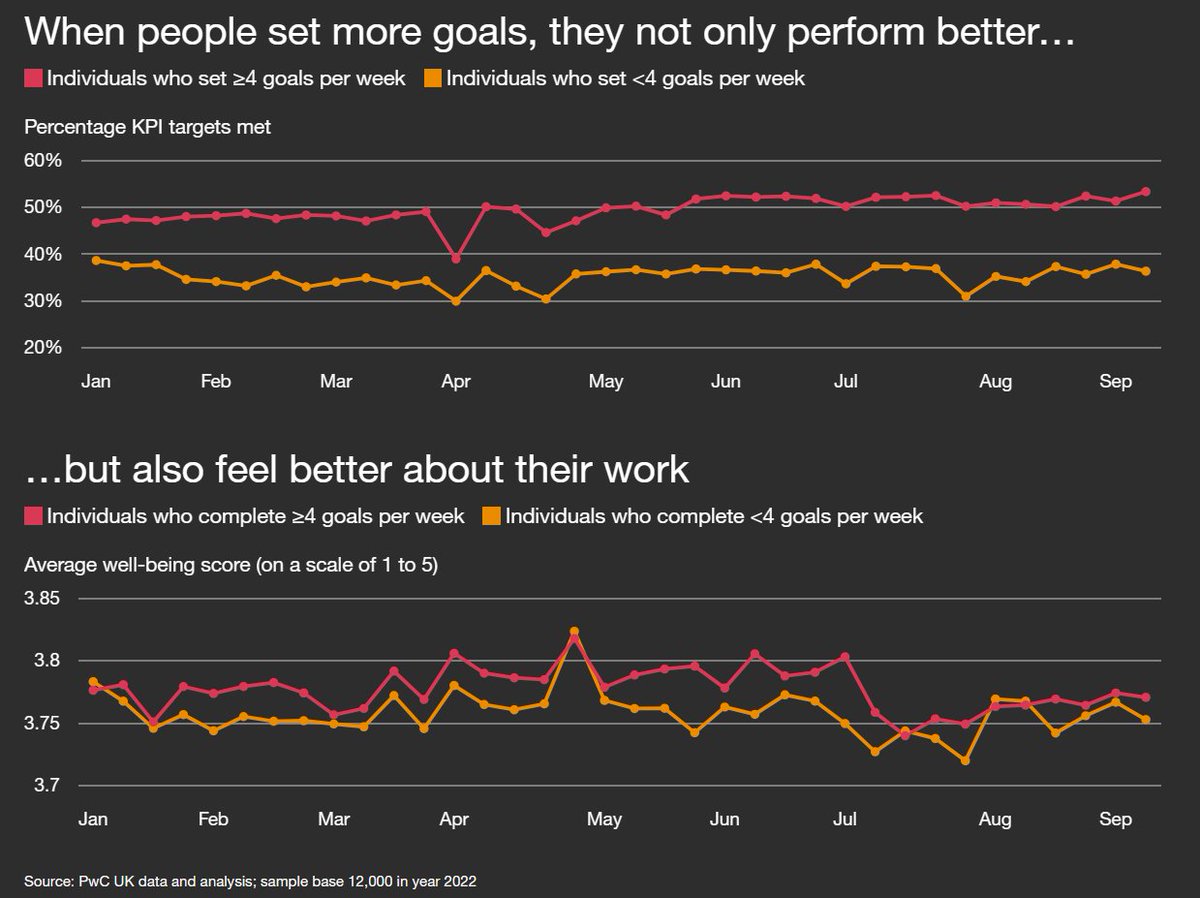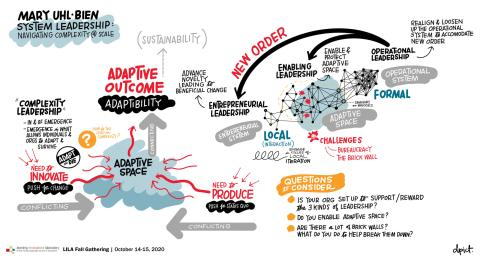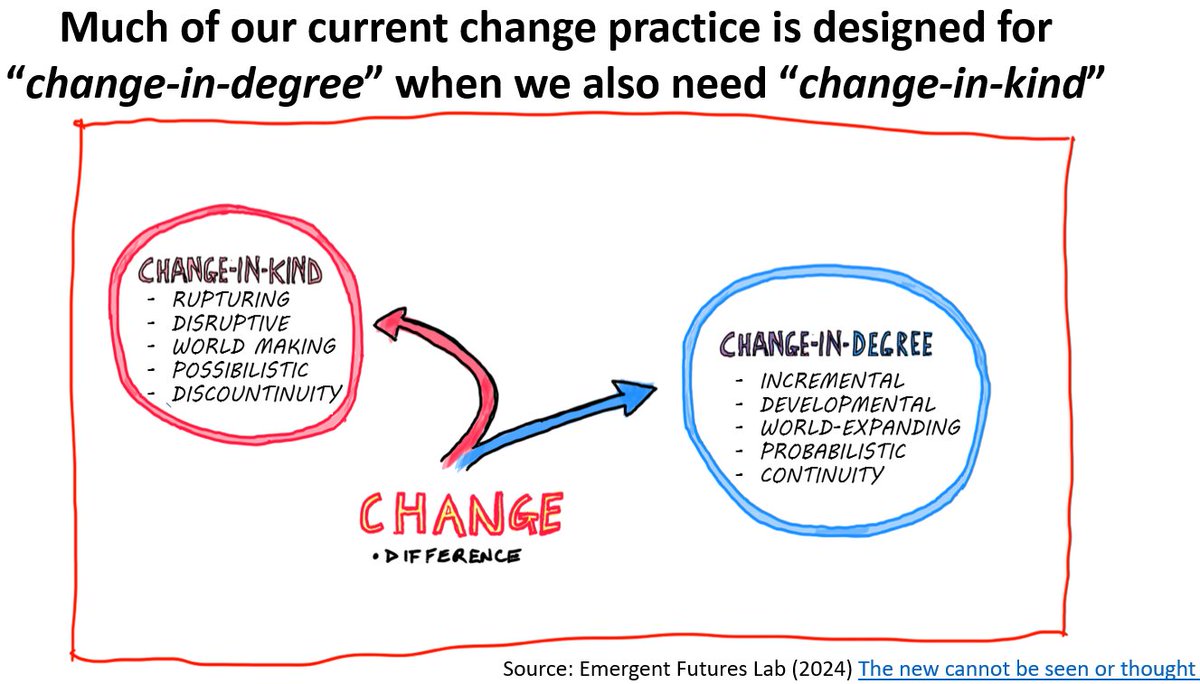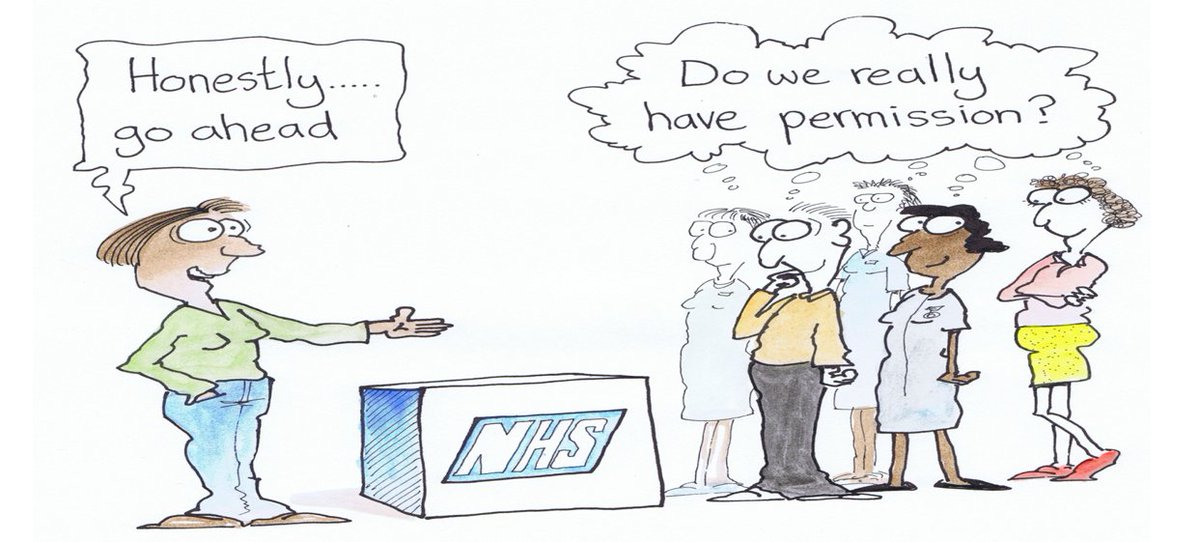
Helen Bevan
@HelenBevan
Change facilitator, strategist, speaker. Prof. of Practice in Health & Care Improvement @WarwickBSchool. Advisor @HorizonsNHS. Senior Fellow @TheIHI. Views own.
ID:190960735
https://horizonsnhs.com/ 15-09-2010 08:05:27
18,6K Tweets
141,0K Followers
20,4K Following
Follow People






Making change happen across a system of different organisations & groups is different to managing change within a single organisation. Collaborate is a great source for approaches to system change. They use the term 'system activist' rather than 'system leader', as mobilising


The spectrum of causes of failure from Amy Edmondson. To repeat Amy’s question: how many failures that should be categorised as praiseworthy get treated as blameworthy by those who matter?



Change & reorganisation, unless thoughtfully & sensitively managed, are more likely to bring turmoil, uncertainty, a lack of control, a sense of unbelonging & a loss of meaning, than measurable improvement. In a new book, Ashley Goodall says that leaders must first create a
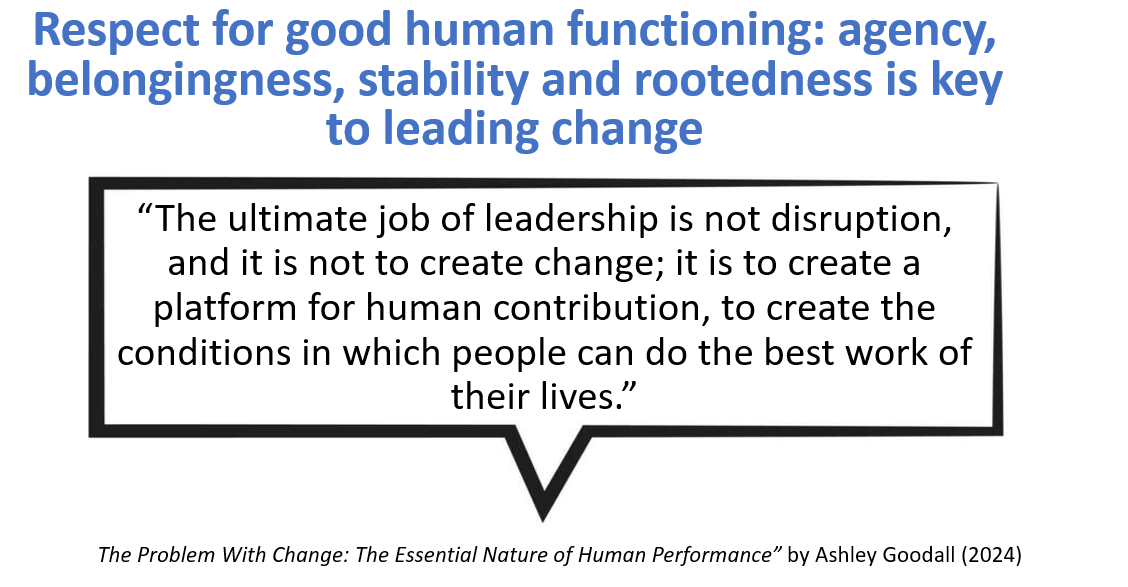






A further graphic that makes the powerful point that we have to think differently about 'failure' if we want to build psychological safety for high performance in our teams & organisations. It's inspired by Amy Edmondson. The ideas are further developed in her latest book 'Right
